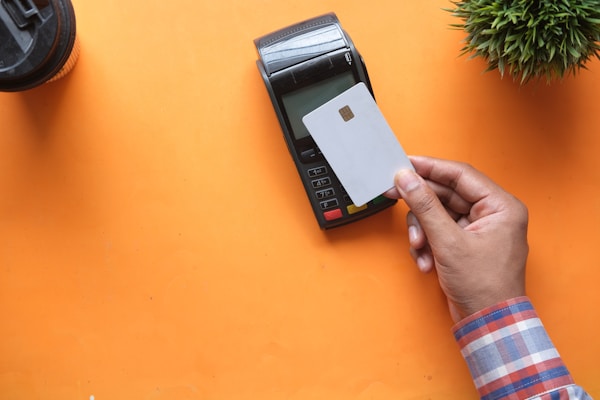Data breaches are becoming more and more common. If you’re a victim of a breach, there are some steps you should take to protect yourself. Keep reading to learn what to do if you’re a victim of a data breach.
Reach out to a law firm.
A data breach can occur when an unauthorized person gains access to confidential information. This can happen through a variety of methods, such as hacking or stolen laptops. If you are a victim of a data breach, there are certain steps you should take in order to protect yourself. You will need to reach out to top-rated data breach attorneys California. It’s important for data breach victims to seek out a law firm that specializes in this area of law. They will be able to help you take action against the party responsible and protect your rights. When your personal data and private information is compromised, it could affect your both personally and financially. It’s crucial that the law firm you choose has experience with representing victims of data security incidents.
Change your passwords.
When you hear that a company has been hacked and your personal information may have been compromised, the first thing you should do is change your passwords. This is especially important for any account that stores sensitive data, such as your email or bank account. Creating strong passwords is essential for protecting yourself online. Your passwords should be at least eight characters long and include a mix of letters, numbers, and symbols. You should also avoid using the same password for multiple accounts. If you’re not sure whether or not your account has been hacked, it’s best to assume that it has and take the necessary precautions. Change your passwords immediately and be extra vigilant about monitoring your accounts for any suspicious activity.
Freeze your credit file.
If you’re a victim of a data breach, one of the things you may want to do is freeze your credit file. Freezing your credit file means that no one can access your credit report without your permission. This can help protect you from identity theft, since someone who has stolen your information would not be able to open new accounts in your name. To freeze your credit file, you’ll need to contact each of the major credit reporting agencies: Equifax, Experian, and TransUnion. You’ll also need to provide some personal information, such as your Social Security number and date of birth. The agencies will then freeze your credit file and send you a confirmation letter. If you need to access your credit report for any reason (such as applying for a loan or mortgage), you can unfreeze it by contacting the agencies directly. You’ll need to provide some personal information again, including your Social Security number and date of birth.
Beware of phishing emails.
Phishing is a technique used by cybercriminals to try and steal your personal information, such as your username, password or credit card details. They do this by sending you an email that looks like it’s from a reputable company, such as your bank, but the email is actually a scam. The email may ask you to click on a link or download an attachment, which will take you to a fake website where you’re asked to enter your personal information. If you receive an email that looks like it’s from a company you know but you’re not sure if it’s genuine, don’t click on any links or attachments and contact the company directly. Never enter your personal information into a website that isn’t secure. Look for the padlock symbol in the browser window and/or https:// in the web address. If you think you may have been phished, change your passwords immediately and contact your bank if any of your account details have been compromised.
No one can predict when or where a data breach will occur, but being prepared can help minimize the damage.





